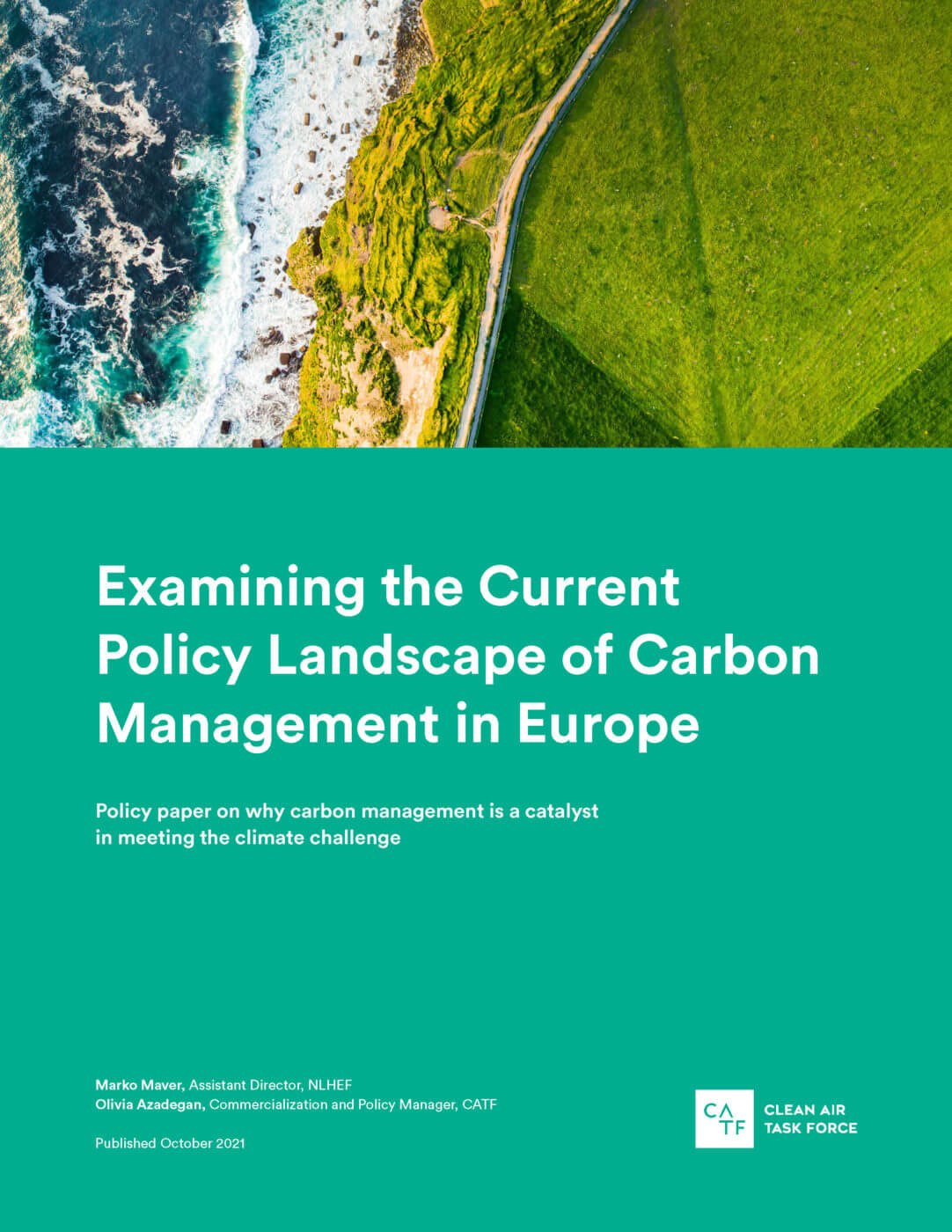Examining the current policy landscape of carbon management in Europe

A policy paper on why carbon management is a catalyst in meeting the climate challenge.
Carbon dioxide (CO₂) released into the atmosphere by power stations and industrial processes burning fossil fuels is a major contributor to the climate crisis. Carbon management refers to a set of technologies, which encompass emissions reductions from industrial facilities via carbon capture and storage, along with technological carbon removal options, CO₂ transport and storage. The technology can also be used to achieve net removal of CO₂ from the atmosphere, either by capturing and storing CO₂ from the air (direct air capture) or by capturing emissions from biomass-based processes. Carbon management plays an important role in the European Union’s policies and strategies for mitigating climate change. It has been firmly highlighted by many international institutions, including the United Nations, the Intergovernmental Panel on Climate Change, the European Commission, the World Bank and the International Energy Agency, to name a few, as one of the key tools in a portfolio of options on the path towards a decarbonized future and an essential technology for reaching the goal of carbon neutrality by 2050.
Authors:
- Marko Maver, Assistant Director, National Laboratory for Health, Environment and Food (Slovenia)
- Olivia Azadegan, Commercialization and Policy Manager, CATF


